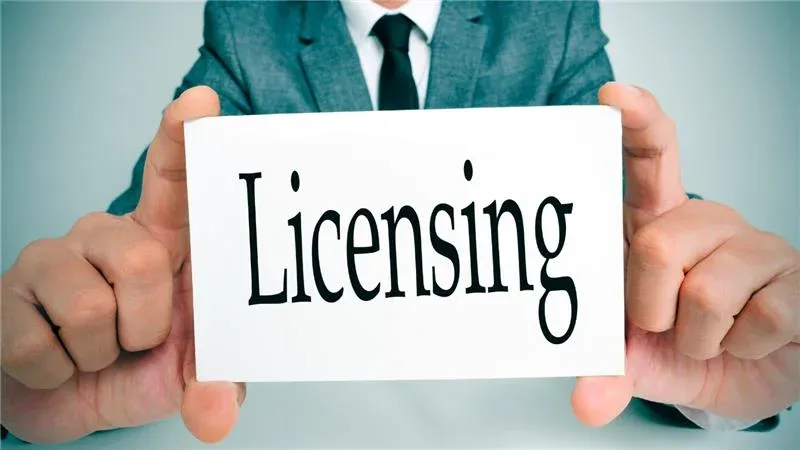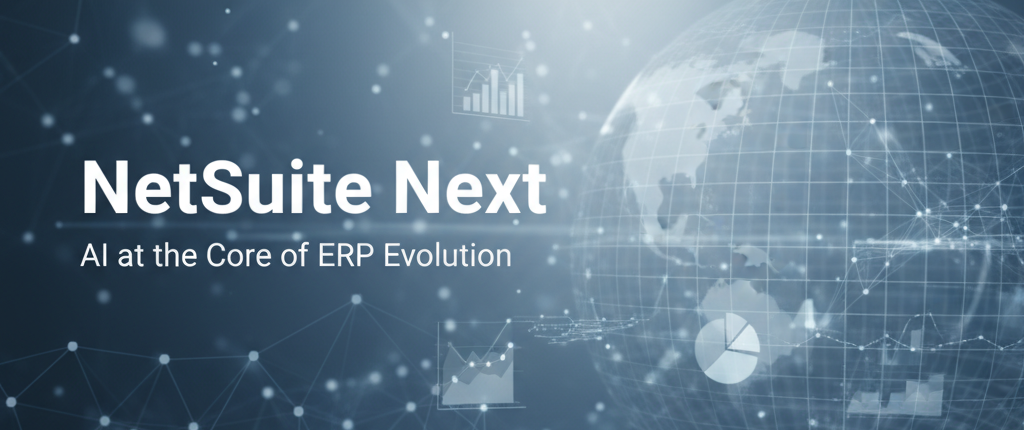What Is a NetSuite License?
A NetSuite license is a subscription-based agreement that gives your business access to Oracle NetSuite’s cloud ERP platform. Licensing is modular—meaning you pay for what you use—and it typically includes:
- Access to the NetSuite Core platform
- Additional modules (CRM, WMS, Projects, etc.)
- User licenses (full access, limited access, etc.)
- Industry-specific packages (SuiteSuccess editions)
NetSuite licenses are typically purchased annually, with three core components: base license, modules, and user count.
The 3 Key Parts of a NetSuite License
1. Base Platform License
Every NetSuite customer needs this. It includes financials, reporting, and basic workflows. From here, you build out functionality based on your business needs.
2. Modules
NetSuite offers a variety of add-on modules—some are common across industries, while others are tailored for specific needs. Popular modules include:
- Advanced Financials
- Inventory Management
- Project Management
- CRM (Customer Relationship Management)
- SuiteAnalytics
- Fixed Assets
- Demand Planning
- Payroll (available only in the U.S.)
3. User Licenses
There are different types of user licenses:
- Full Users: Have access to all features their role permits.
- Employee Self-Service Users: Limited access for tasks like time tracking or expense submission.
- Read-Only Users: Not officially supported, but can be worked around via dashboards or external tools.
NetSuite Licensing Models in 2025
NetSuite offers different licensing approaches depending on your business size, industry, and goals. Here’s what’s available in 2025:
1. Standard NetSuite Licensing (Modular)
You start with the base platform, then add users and modules as needed. This is best for mid-market and enterprise customers with custom requirements.
Best suited for: Businesses that require tailored functionality and control.
2. SuiteSuccess Licensing
This is a pre-configured version of NetSuite designed for faster deployment. It includes:
- A bundle of industry-specific modules
- Predefined dashboards and reports
- Best practices for your industry
SuiteSuccess Editions available in 2025:
- Manufacturing
- Wholesale Distribution
- Retail
- Software
- Services
- Nonprofit
- Financials First (for general accounting and financial management)
Best for: Small to midsize businesses that want quicker implementation and a lower starting cost.
3. Commerce Edition (for eCommerce businesses)
If you’re running an online store, the Commerce Edition combines NetSuite ERP with SuiteCommerce (or SuiteCommerce Advanced) to handle inventory, customer data, orders, and web storefront—all in one place.
Best for: eCommerce and retail businesses.
How NetSuite Pricing Works
NetSuite pricing isn’t public, and it can vary based on:
- Number of users
- Number of modules
- Length of your contract
- Level of implementation and support
As of 2025, starting prices typically range from $999/month for the base platform and around $99/user/month. Add-ons like WMS, Manufacturing, or OneWorld (for multi-entity businesses) increase the cost.
For SuiteSuccess bundles, pricing is usually more straightforward since they’re pre-packaged.
Choosing the Right NetSuite License: A Step-by-Step Approach
Here’s a simple way to figure out which NetSuite license option fits you:
Step 1: Define Your Business Type and Needs
- Are you a product-based company (manufacturing/distribution)?
- Do you provide services?
- Do you need eCommerce integration?
Step 2: List Your Must-Have Modules
Start with what your business needs on Day One. Add optional modules as you grow.
Step 3: Estimate User Roles
- Who needs full access (finance, ops, sales)?
- Who needs limited or self-service access?
Step 4: Evaluate SuiteSuccess
If your business fits into one of NetSuite’s predefined SuiteSuccess categories, this can save time and cost.
Step 5: Work with a NetSuite Partner
Licensing can get complex. A certified NetSuite partners can help negotiate pricing, recommend the right edition, and ensure you don’t overpay.
New in 2025: Licensing Updates and Trends
Here are a few updates worth noting this year:
- More SuiteSuccess Editions: Oracle has expanded SuiteSuccess bundles to cover emerging verticals like logistics and fintech.
- Bundled AI Add-Ons: Many modules now offer built-in AI forecasting and automation features, available as paid add-ons.
- Expanded Employee User Licenses: New employee center bundles now offer more flexible access for mid-level employees beyond time/expense entry.
- Improved Licensing Flexibility: Shorter license terms (6-month trials) are becoming available for small businesses and startups.
Common Questions
Q: Can I upgrade or downgrade my license later?
Yes. You can add users and modules as needed, but reducing your license might require waiting for your renewal cycle.
Q: What if I outgrow my current plan?
That’s common. Start small and scale with NetSuite’s modular approach.
Q: Is SuiteSuccess more limited than standard NetSuite?
Not necessarily. It’s just preconfigured. You can still expand it as needed over time.
Final Thoughts
Choosing the right NetSuite license is about more than just price—it’s about getting the right functionality, scalability, and time-to-value for your business.
If you’re just starting, SuiteSuccess may give you a faster, easier path. If you’ve got complex workflows or multinational operations, a fully custom NetSuite license might make more sense.
Either way, take time to evaluate your needs. And if it gets overwhelming, a trusted NetSuite implementation partner can help guide you through the licensing process, without overspending or getting locked into features you don’t use.
Frequently Asked Questions
How much does a NetSuite license cost?
Pricing typically starts around $999/month for the base platform and about $99/user/month. But the total cost depends on how many users you have, which modules you need, and the type of support or implementation help you’re getting. Modules like WMS or OneWorld will push the cost higher.
What’s included in the base NetSuite license?
The base license covers core financials, reporting, general ledger, and the overall ERP platform access. It’s the starting point for every NetSuite customer. From there, you choose which additional modules and user licenses to add.
Can I start small and add more later?
Yes. NetSuite is modular, so you can begin with a minimal setup and add users, modules, or functionality as your business grows.
What is SuiteSuccess and how is it different?
SuiteSuccess is a pre-configured version of NetSuite built for specific industries. It comes with ready-to-use dashboards, reports, and best-practice workflows. It’s ideal for companies that want a faster setup with less customization upfront. You can still expand it over time.
Is NetSuite licensing flexible for startups?
More than it used to be. In 2025, NetSuite introduced shorter-term options like 6-month trials and more affordable employee license bundles, which are especially useful for small or early-stage companies.
Can I change my license later?
Yes. You can upgrade at any time—add more users or modules as needed. Downgrades usually have to wait until your renewal cycle.
Do I need a NetSuite partner to buy a license?
You don’t have to, but it helps. A good NetSuite partner can make sure you don’t overpay, help configure the right modules, and guide you through pricing and implementation.







